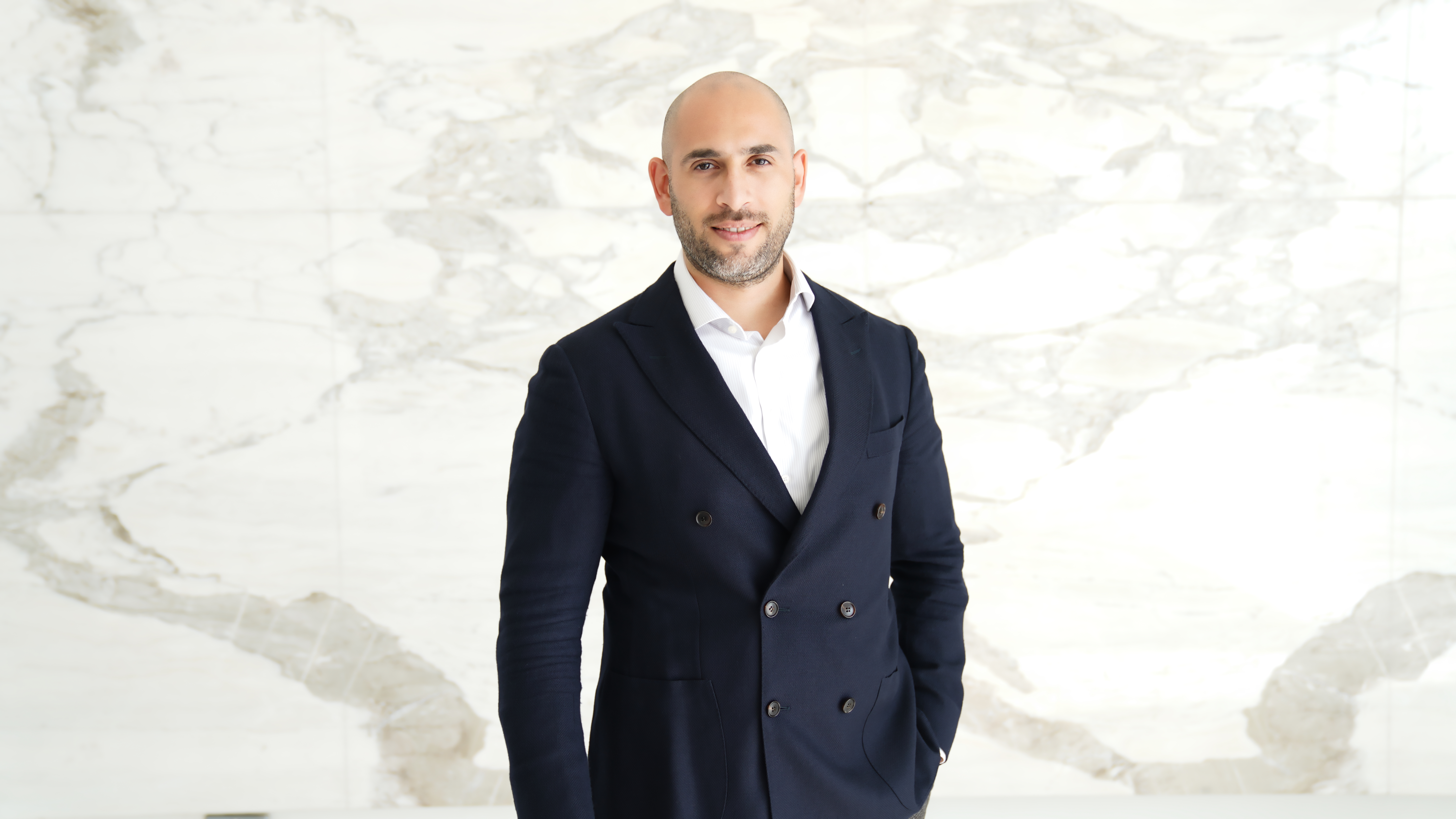 Platforms like Facebook, Twitter, Instagram and LinkedIn have seamlessly integrated into our lives, shaping personal interactions and professional landscapes.
Platforms like Facebook, Twitter, Instagram and LinkedIn have seamlessly integrated into our lives, shaping personal interactions and professional landscapes.
But it is crucial to recognise and raise awareness about the profound significance of social media as a profession and its profound influence on our mental wellbeing.
Social media roles have expanded, reflecting the growing complexity of the profession. Beyond managing posts and engaging with followers, professionals now include content creators, community managers, data analysts and strategists. Each role builds a brand’s online presence and drives audience engagement.
While social media has brought positive changes, we must acknowledge its negative impact on mental wellbeing.
The exposure to curated lives on social media can generate unrealistic expectations and feelings of inadequacy. Comparisons to others’ highlight reels lead to dissatisfaction and low self-esteem, known as the ‘Dark Side of Social Media.’
Social media addiction, with endless scrolling and seeking validation, can contribute to anxiety, stress and a sense of social isolation.
The anonymity and perceived detachment offered by social media platforms have given rise to cyberbullying and online harassment. Individuals, especially young users, can become victims of verbal abuse, hate speech, and public shaming, which can have severe psychological consequences.
Social media roles
Social media is associated with PR, communications and account management, but distinctions are important.
PR manages reputation and relationships beyond social media. Communications handles internal and external strategies, including media relations. Account management builds client relationships. Each field has its expertise, and collaboration can yield powerful results.
To excel in the ever-evolving landscape of social media, professionals need specific skills for the ever-evolving landscape of social media:
- Creativity and Content Creation: Professionals must create compelling content that resonates with the audience and aligns with brand values
- Analytics and Data Interpretation: Interpreting data measures the success of campaigns. Professionals make data-driven decisions, optimize strategies, and identify trends
- Planning and Execution: Strategic thinkers develop comprehensive plans aligned with objectives, target audience, and trends. Implementing strategies and obtaining fast approval is crucial
Social media is dynamic and expected to grow. Businesses recognise its power in reaching the audience, increasing the demand for skilled professionals.
New features and algorithms present challenges and opportunities. Staying updated with trends and consumer behavior is crucial.
Rising demand
The demand for social media professionals is on the rise across industries. Businesses, non-profits and even individuals recognise the importance of a strong online presence and the need for experts who can navigate and leverage social media platforms effectively.
Career opportunities in social media span from entry-level positions to senior management roles, offering a promising future for aspiring professionals.
Following last week’s Social Media Day, it was an opportunity to reflect on the impact of social media as a profession and its effects on mental well-being.
While it has revolutionised our connections, challenges have also emerged. Social media professionals have a crucial role in shaping online narratives, establishing brands and engaging audiences.
To ensure its positive potential, they must employ responsible practices. To protect mental health, professionals should prioritise transparency, authenticity and empathy to cultivate a healthier online environment.
Education and professional development are vital for shaping the field and driving positive change. By recognising the significance of social media, practicing responsible use and prioritising mental well-being, we can harness its power for meaningful connections and a healthier digital landscape for all.
How will you embrace the power of social media by committing to responsible practices and prioritising mental well-being, thereby achieving a healthier digital landscape?
By Rad Arekat, Social Media Account Director at APCO Worldwide









